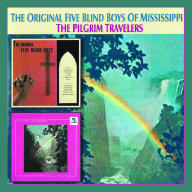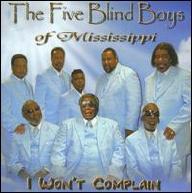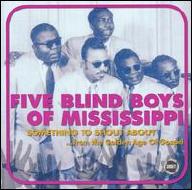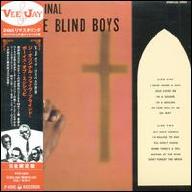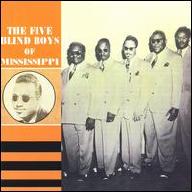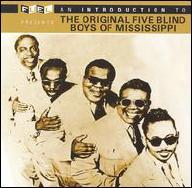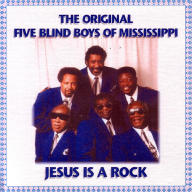The Five Blind Boys of Mississippi
from Jackson, MS
formed
January 1, 1936 (age 90)
Biography
The Five Blind Boys of Mississippi are among the greatest singing groups in popular music history. Their smashing harmonies and the leads of Archie Brownlee not only influenced numerous gospel ensembles, but such secular artists as Ray Charles. Their origins date back to the '30s, when Archie Brownlee (Brownley in some accounts), Joseph Ford, Lawrence Abrams, and Lloyd Woodard formed a quartet. They were students at the Piney Woods School near Jackson, Mississippi. They began as The Cotton Blossom Singers, and did both spiritual and secular material. The quartet sang on the school grounds in 1936, then were recorded in 1937 by Alan Lomax for the Library of Congress. After graduation, they decided to become professional singers and for a time performed under dual identities; they were the Cotton Blossom Singers for popular songs and The Jackson Harmoneers for gospel. They became a quintet when Melvin Henderson joined. When Percell Perkins replaced Henderson in the mid-'40s, they became The Five Blind Boys. Oddly, Perkins, who doubled as their manager, was not blind. They made their recording debut for Excelsior in 1946, after meeting label owner Leon Rene in Cleveland. They recorded for Coleman in 1948, the same year Joseph Ford was replaced by J.T. Clinkscales. But when they joined Don Robey's Peacock label in 1950, the Five Blind Boys became superstars. The single "Our Father" was a Top Ten R&B hit, and they became a prolific ensemble, recording 27 singles and five albums for Peacock through the '60s. Brownlee died in New Orleans in 1960. His riveting, chilling screams and yells were among gospel's most amazing. Perkins left the group soon after becoming a minister. The list of replacements included Revs. Sammy Lewis and George Warren, as well as Tiny Powell. Roscoe Robinson took over for Brownlee, and was assisted by second lead Willmer Broadnax, who was also a masterful singer. The Five Blind Boys continued through the '70s and '80s and into the '90s, though Woodard died in the mid-'70s, and Lawrence Abrams in 1982. ~ Ron Wynn, Rovi
Top Tracks
Albums
Videos
Close


